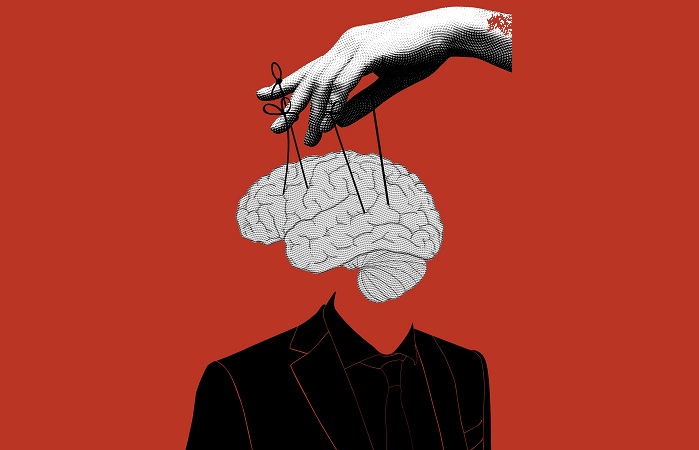
Table of Contents
As an AI language model designed to interact with humans, ChatGPT’s capabilities may seem impressive at first glance. But the truth is that it needs to be more accurate intelligence. Despite its advanced programming by AI developers and access to vast amounts of data, there are fundamental limitations to what ChatGPT can do. And in some cases, it may even prove that ChatGPT is dumber than you think.
In this blog, we’ll explore why ChatGPT is dumber than you think, where it falls short, and why we shouldn’t overestimate its abilities.
What is the problem with ChatGPT?
According to reports on social media, ChatGPT struggles with basic math and logical questions. It has even been known to argue inaccurate information. OpenAI acknowledges this limitation, stating that ChatGPT sometimes produces misleading or nonsensical responses that may sound plausible. This “hallucination” of truth and fiction is particularly concerning when it involves critical areas like medical advice or historical events. And that’s why ChatGPT is dumber than you think, and it’s hard to trust it.
ChatGPT’s approach differs from other AI assistants, such as Siri or Alexa, which rely on internet searches for answers. Instead, ChatGPT generates responses by predicting the most likely word based on its training data. It results in a series of guesses that can lead to incorrect and potentially argumentative answers. As a result, ChatGPT is sometimes wrong.
On the other hand, although ChatGPT can make education more accessible and the learning process a little bit easier, the downside is this takes away jobs that humans have held for a long time. It can also replace students in writing English assignments, from writing cover letters to describing significant themes in a famous work of literature.
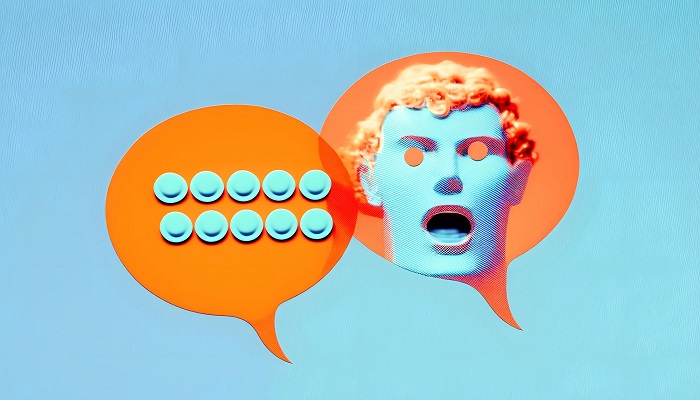
Can ChatGPT be detected?
The existing tools for generating AI content function well and possess the capability to identify content produced by ChatGPT. Some websites and tools that can detect ChatGPT content are:
- Writer.com
- Copyleaks
- Contentatscale.ai
- Originality.ai
- GPTZero
Many ask if they can use ChatGPT in school or college and if professors could find out using ChatGPT detection tools. Well, it all depends on various aspects. First, the better question is, do you want to cheat and pass, or do you want to excel and grow? Second, it depends on the professor and how familiar he is with every student. For example, according to misinformations in the ChatGPT contents, there may be better ideas for issues like history and math.
Why do people use ChatGPT?
In simple words, ChatGPT made our lives easier in several ways. It allows us to have human-like conversations and much more with the chatbot. It answers questions and assists you with tasks like composing emails, essays, and coding.
According to Fast Company, a survey has been run among 1,024 Americans and 103 AI experts about ChatGPT. And the results are impressive:
- People mostly use ChatGPT to come up with ideas about a topic. 41% of respondents say they use ChatGPT to generate ideas, 20% to create content, 14% to respond to an email, 11% to write code, and 10% to write a résumé or cover letter.
- 74% of people say they only use ChatGPT for personal reasons, and 17% say they use it for work with their employer’s knowledge. Only 10% say they use it for work or school without their employer or school’s knowledge.
- 46% of respondents say they’ve tried ChatGPT once or twice. On the other hand, only 19% use ChatGPT more than once a week, and only 5% use ChatGPT daily.
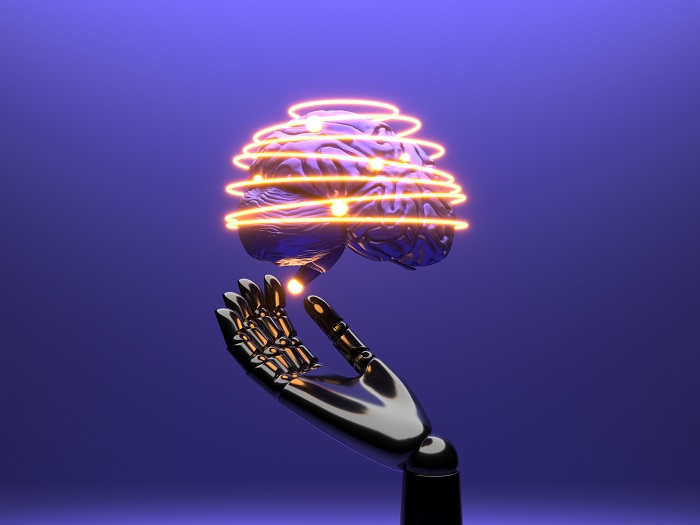
Is ChatGPT getting dumber?
The whole point is that ChatGPT was never that smart. As we explained earlier, ChatGPT is dumber than you think. And according to the struggles with basic math and logical questions, ChatGPT is dumber than you think. So, you may assume ChatGPT is getting dumber but it has always been dumber than we think. It was just a matter of time and testing to get to this point.
Does ChatGPT give the same answers?
Actually, ChatGPT gives a different answer and wording to everyone who asks the same question.
As an AI language model, ChatGPT’s responses will vary based on the input it receives and its knowledge. While ChatGPT can generate responses similar to those given by other language models like GPT-3, its specific answers may differ due to differences in its training data and algorithms. Ultimately, the accuracy and relevance of ChatGPT’s responses will depend on the quality of the input provided and the conversation context.



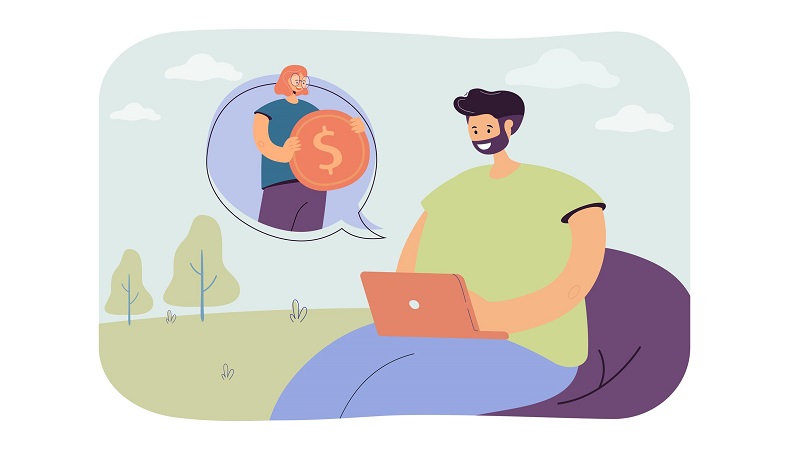


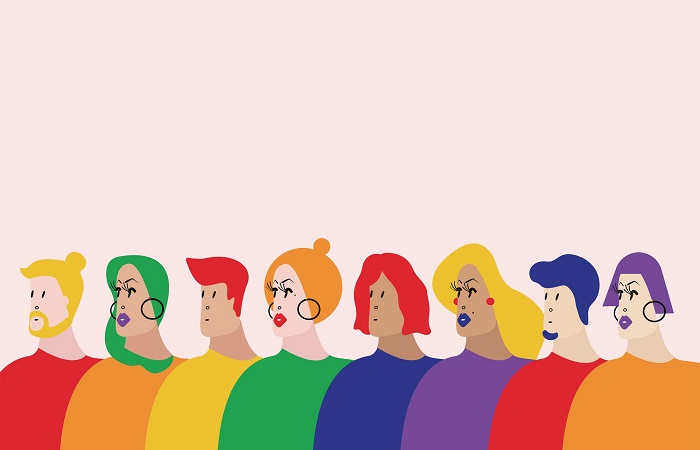


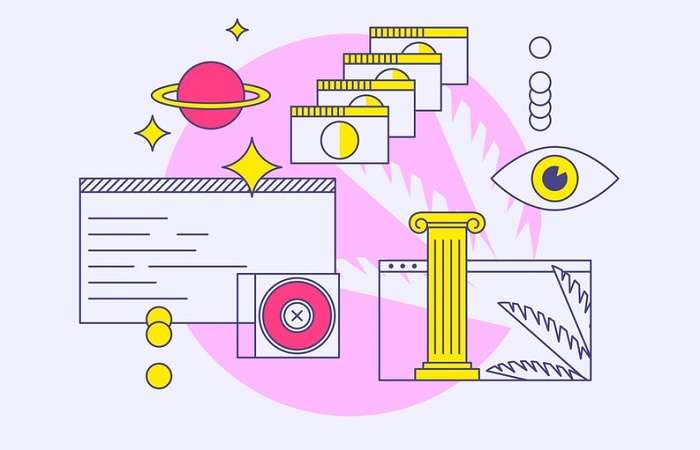
Hello! I just would like to give a huge thumbs up for the great info you have here on this post. I will be coming back to your blog for more soon.